Countryside ranger teams across the Highlands and north-east have welcomed moves by major supermarkets to limit the sale of disposable barbecues amid severe wildfire concerns.
Asda, Sainsbury’s, Tesco, Morrisons, Aldi and other retailers have all decided to stop selling the products across the country as dry, hot conditions prompt fears of major blazes.
The move comes after Co-op decided last July to stop selling the potentially dangerous items near any national parks across Britain.
Throughout the north and north-east, many beauty spots have been plagued for years by irresponsible people using disposable barbecues where it is not safe to do so.
The resulting wildfires can cause major damage to woodlands and forests already facing all sorts of challenges, and can destroy the habitats of vulnerable species, as well as risking human life.
Preventable fires can divert emergency services from other important incidents
Wildfires can require great amounts of effort to put out from our already-stretched emergency service.
On Balmacara Estate in April, several thousand acres of peatland, woodland and grazing land was burned in a major incident which required helicopters to extinguish.
Fire crews from 11 stations had to battle the blaze for more than 24 hours to contain it.
A spokesman for the Aberdeenshire Council Ranger Service said he welcomed the decision by “an increasing number of supermarkets to stop the sale of disposable barbecues”, and explained how the products can significantly increase the risk of disaster.
He said: “The heat from disposable barbecues can burn the ground as effectively as an open fire, and like a fire can cause vegetation to ignite above and below ground, especially in dry conditions.
“This can lead to emergency services being called out and diverted from other emergencies.”
He said that during patrols this summer, the council’s seasonal access rangers found many fire and “barbecue scars” all across Aberdeenshire, and highlighted particular problems at Balmedie Country Park, and more recently at Potarch.
Threats to precious ecosystems in the Cairngorms
Adam Streeter-Smith, recreation and access manager with the Cairngorms National Park Authority, also welcomed the additional restrictions on the sale of disposable barbecues.
The national park is home to huge areas of important peatland and pine forest which play an important role in capturing and storing harmful greenhouse gases, and are home to endangered animals like red squirrel, wild cats and capercaillie.
But these regions and creatures face risks from fires every year due to people not being careful with where they decide to have their burgers.
Last summer, seven football pitches worth of forest was burned near the popular destination of Loch Morlich.
Mr Streeter-Smith said that when it comes to having a family barbecue, the safest option is to have one at home.
He said: “Irresponsible use of disposable barbecues causes significant issues for many of the park’s iconic beauty spots.
“They are not just a fire hazard during periods of high fire risk but also litter when left behind, leaving unsightly scars on the ground when not used properly and safely.
“Barbecues are always best at home so we welcome steps taken by Sainsbury’s and others to limit the sale of disposable barbecues.”
What the Scottish Outdoor Access Code says about having fires in the great outdoors
Mar Lodge Estate ranger and P&J columnist Ben Dolphin said it is important to remember the Scottish Outdoor Access Code when it comes to fires.
The code states: “Never light an open fire during prolonged dry periods, or in areas such as forests, woods, farmland, or on peaty ground or near to buildings, or in cultural heritage sites where damage can be easily caused.”
Mr Dolphin said that depending on vegetation nearby, and how dry conditions have been, barbecues can be “considered irresponsible in some cases”, and he urged anyone using one to “keep it well away from grass, gorse and heather, keep water to hand and never leave your barbeque unattended.”
He also said disposable barbecues should “never be placed in direct contact with the ground, as they get extremely hot and can ignite the vegetation or soul beneath.
“Raise them off the ground using rocks or stones, and take them away with you when you are finished.
“If you are going to dispose of them in a bin, make sure the barbecue is cold first.”
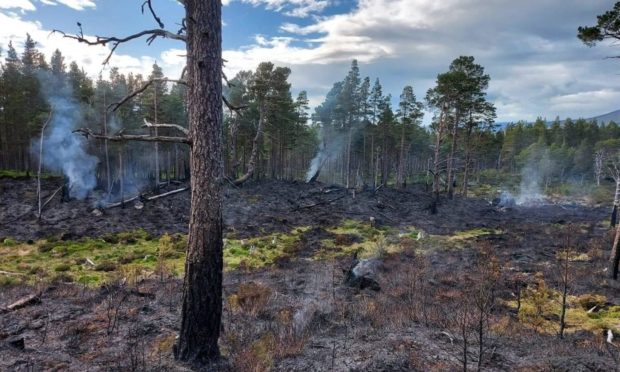
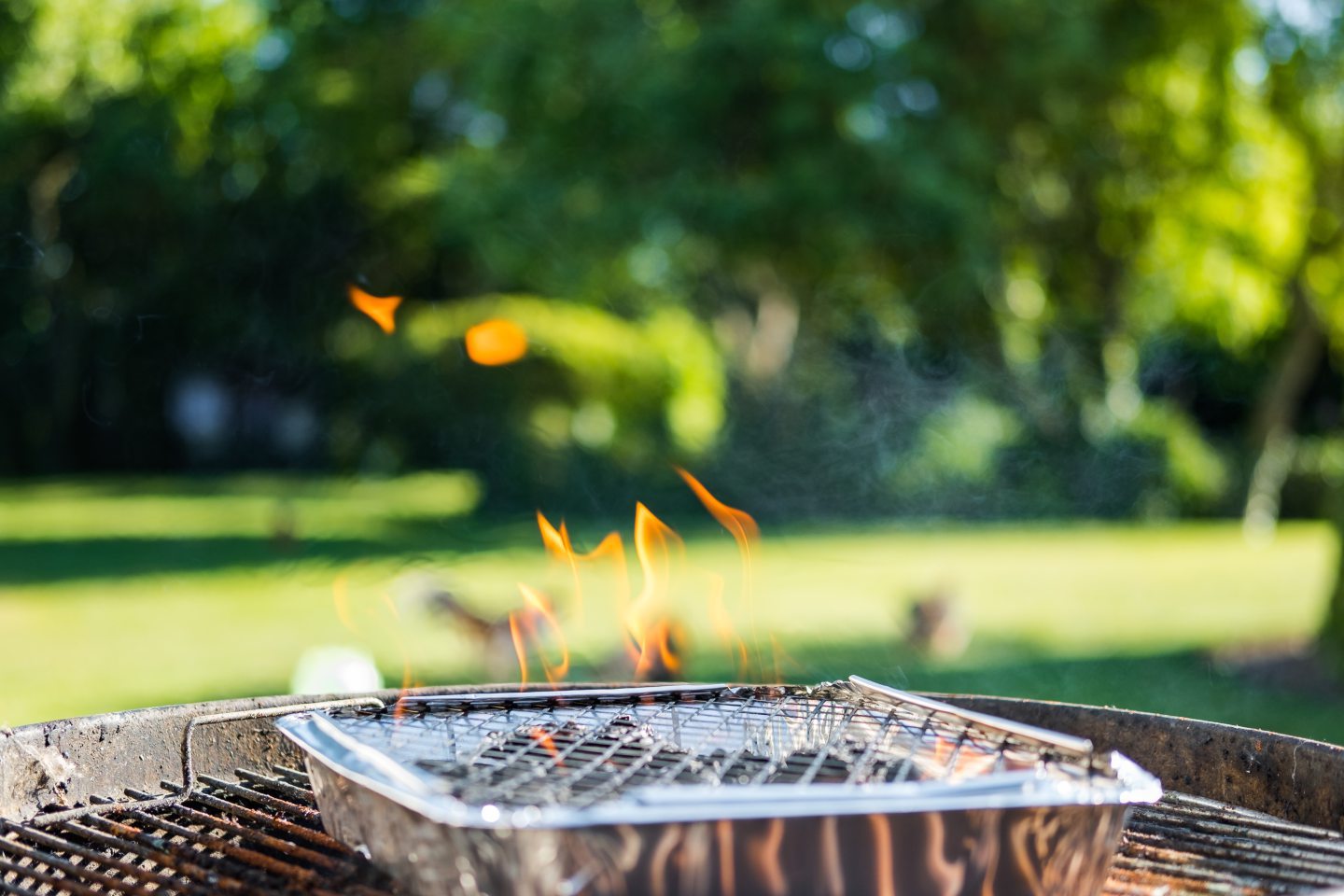
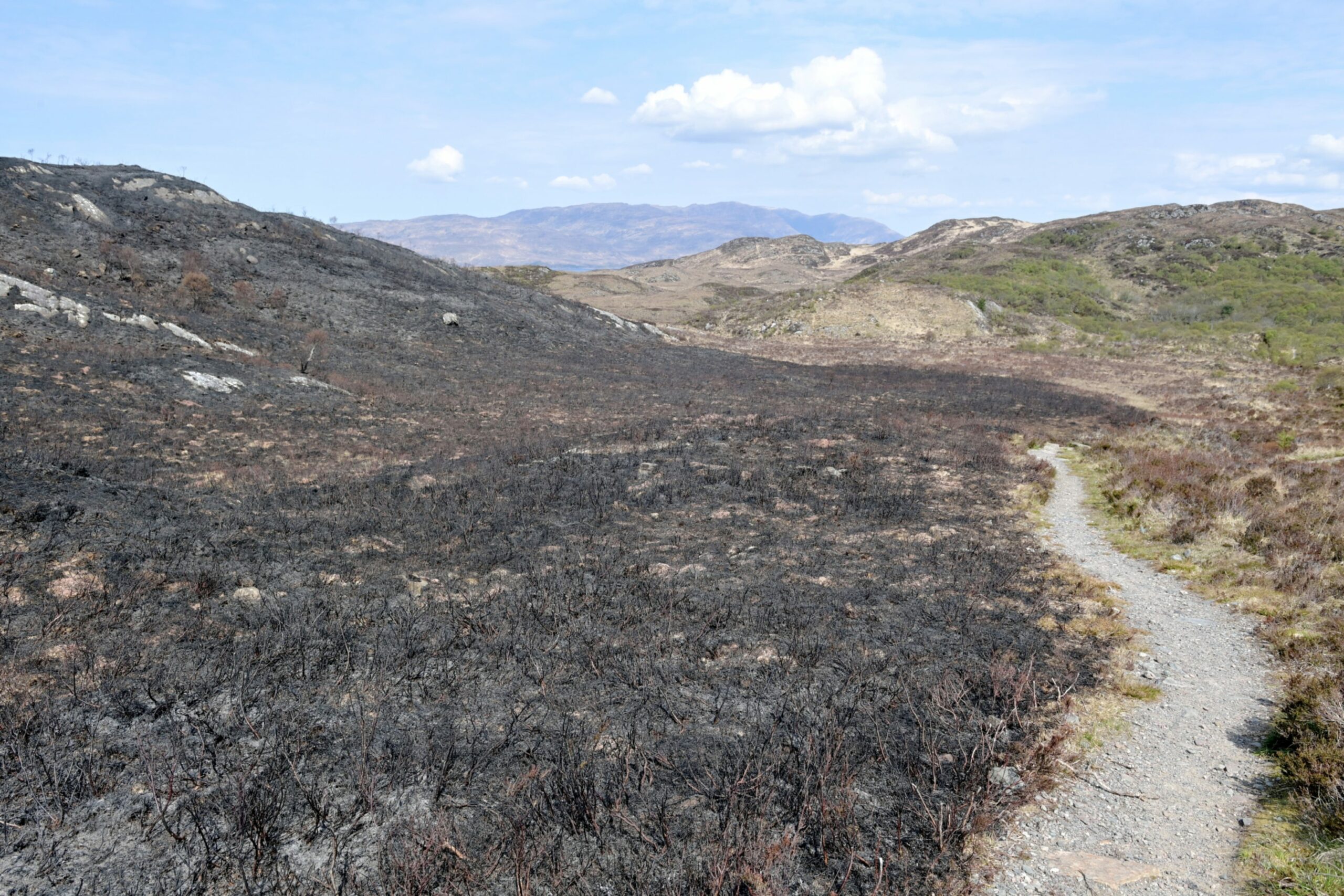
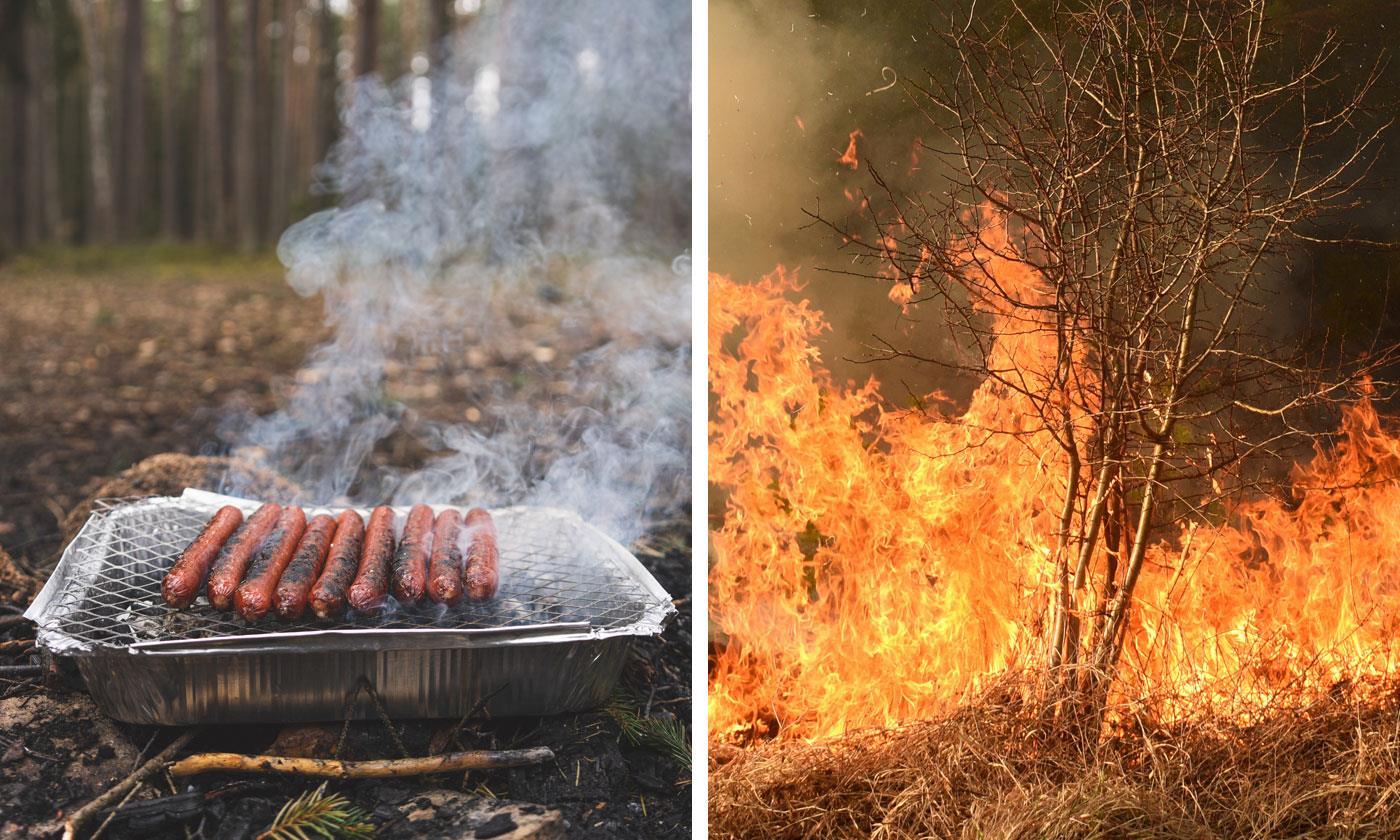
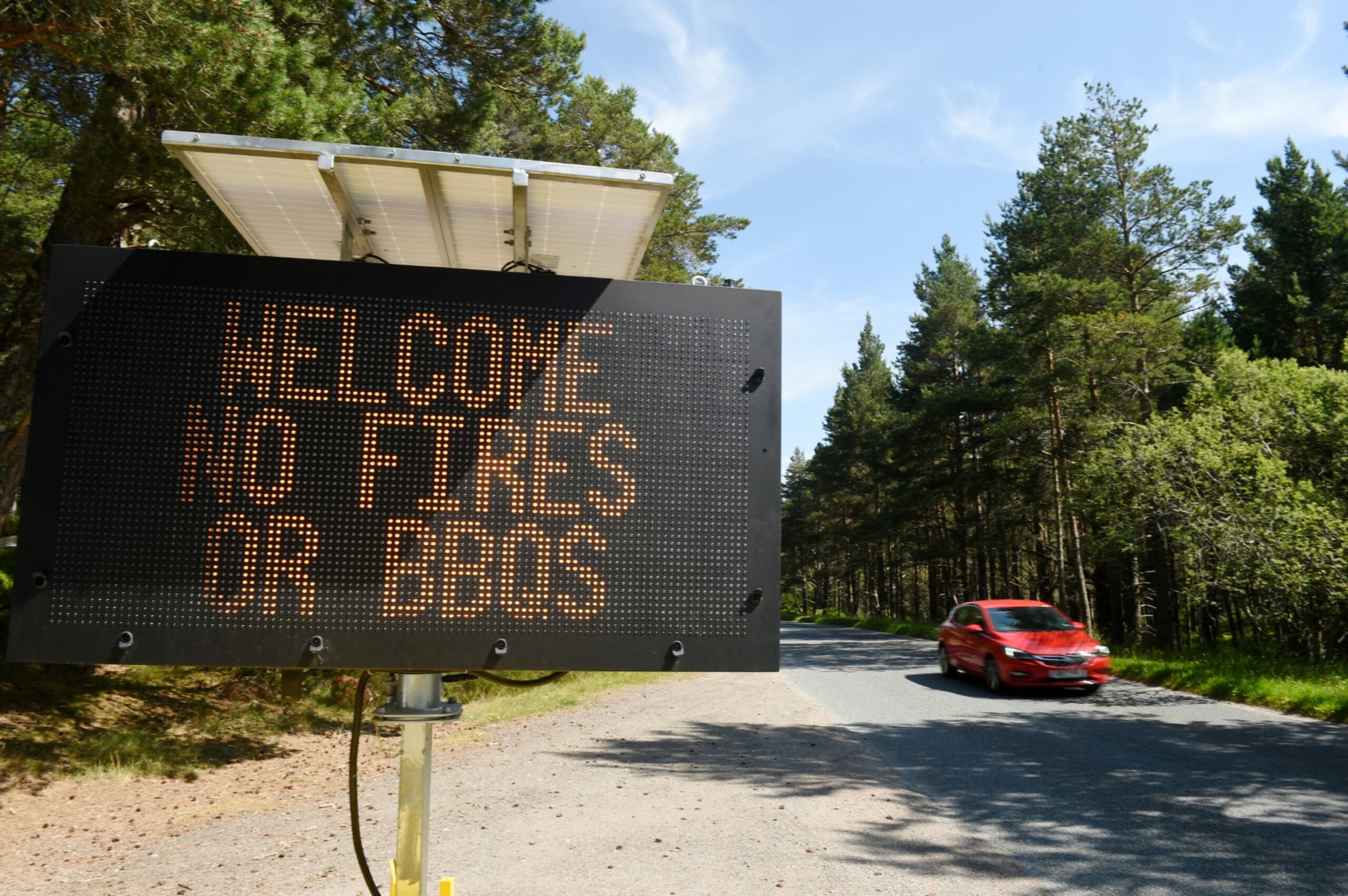
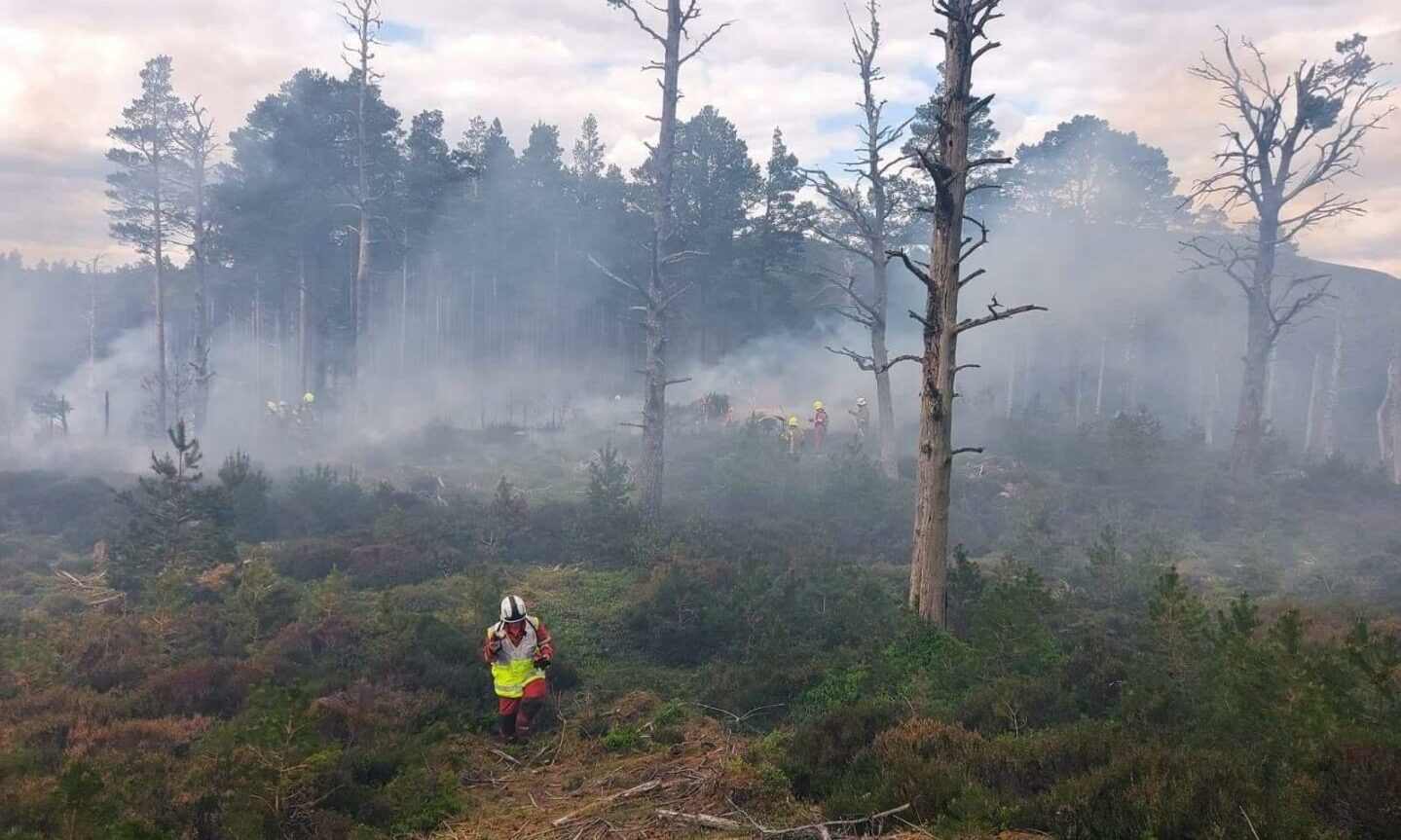
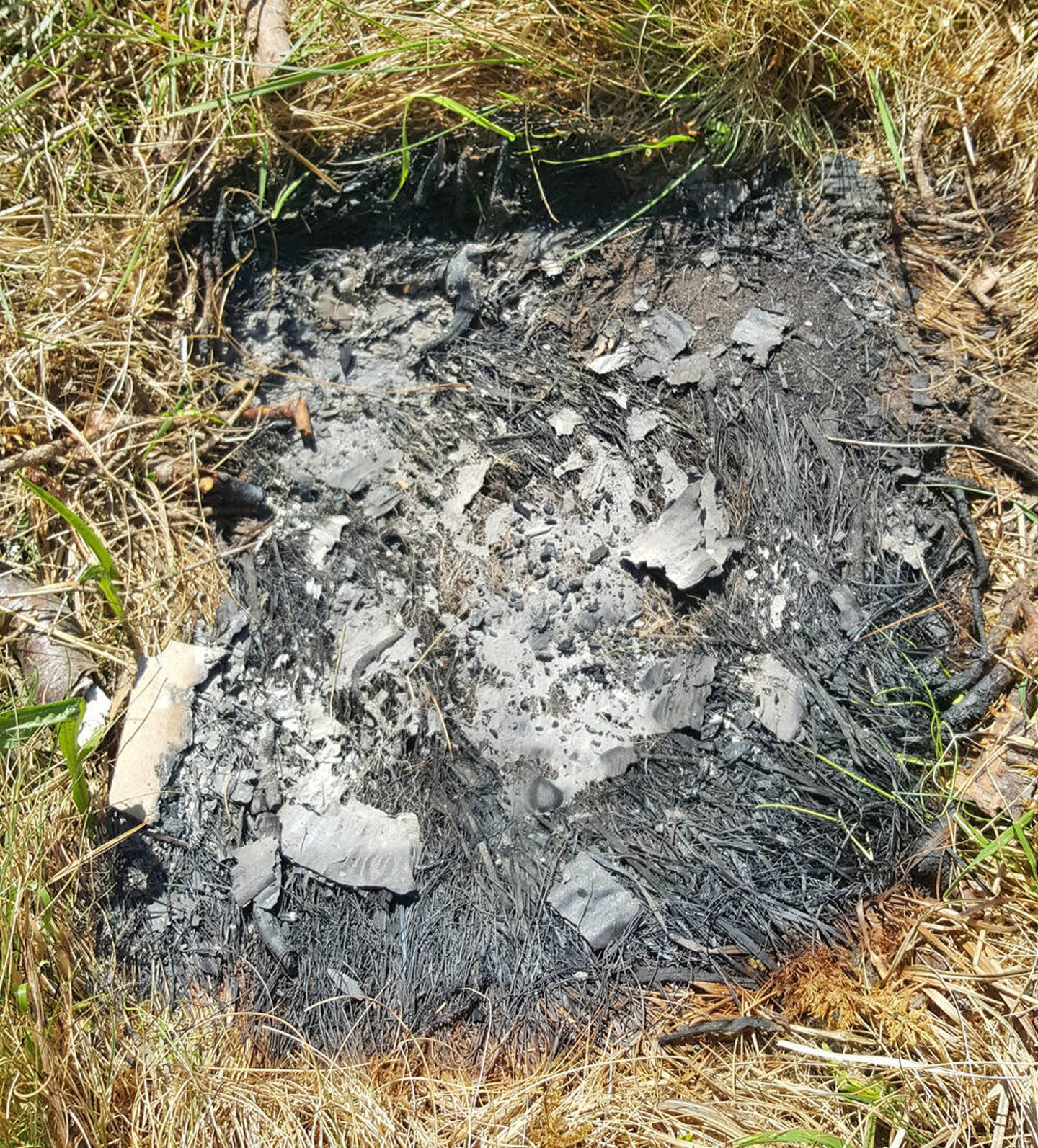
Conversation